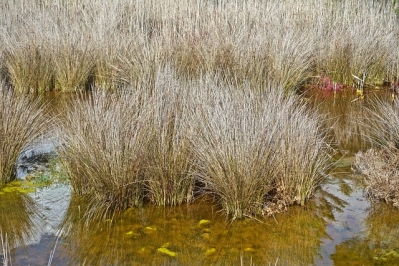

Every two years, ICIREWARD launches a call for research projects in the field of water sciences, encouraging interdisciplinarity and promoting the center's scientific community.
Projects must combine hydrological, chemical and/or biological sciences with social sciences in order to offer a comprehensive expertise in the face of water resource challenges, particularly in terms of availability, quality, sharing or extreme phenomena (floods, droughts).
A commitment to the United Nations Sustainable Development Goals (SDGs) as well as the strategic axes of the ninth phase of UNESCO's Intergovernmental Hydrological Programme is encouraged.
Participation requirements:
To be a member of the ICIREWARD Centre, i.e. one of the 480 scientists from the 18 research units.
Main eligibility criteria:
Title: Bioaugmentation of planted reed filters for controlled reuse of wastewater in agriculture
Project leaders: Andres Sauvetre (IMT Alès-HSM) et Didier Orange (IRD-HSM)
Contacts: andres.sauvetre@mines-ales.fr; didier.orange@ird.fr
Partners: ICIREWARD (HSM, G-EAU, LISAH,), France (CRBE) et Tunisie (CERTE, INSTM)
Project description: BIOAUGMENTATION of reed filters by soil macrofauna and microorganisms would be of great interest for water conservation. The Murviel Experimental Station and the UNESCO OMELI Demonstration Site in Tunisia offer the opportunity to assess their impact on microbial biodiversity and their capacity to remove micropollutants and pathogens and to reduce biofouling in irrigation systems, in order to ensure controlled agricultural REUSE in the Mediterranean zone.
